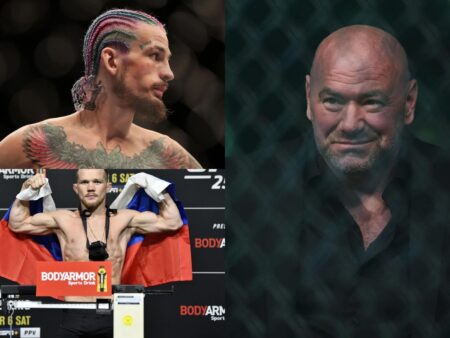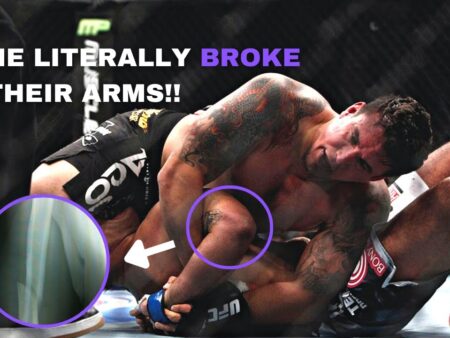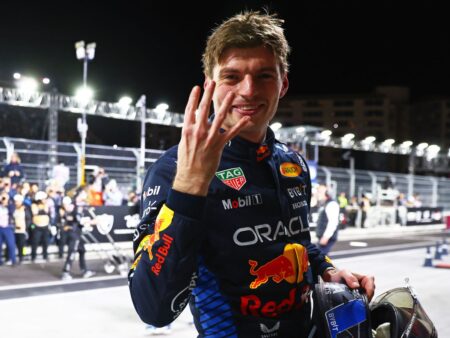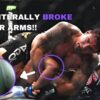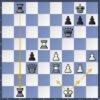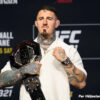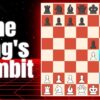Perth, Australia – The air in Perth is thick with anticipation for the upcoming UFC event, but beneath the fight hype, a different narrative has begun to circulate: that of potential empty seats. As reports suggest the RAC Arena might be less than packed for Sunday`s card, UFC executive Dave Shaw, stepping in for the typically front-and-center Dana White, has taken a decidedly optimistic stance, dismissing concerns and underscoring the organization`s long-term vision for mixed martial arts in Australia.
The Unspoken Question: More Than Just Ticket Sales?
With the main event featuring a light heavyweight clash between Carlos Ulberg and Dominick Reyes, observers have pointed to what appears to be a lukewarm response from ticket buyers. Predictions of a `half-full` venue are naturally not the headlines a global promotion typically seeks. However, when directly confronted with the question of lagging sales at Friday`s pre-fight press conference, Shaw offered a firm, “Not at all.” It was a dismissal that quickly pivoted into a strategic exposition, framing any immediate challenges as mere footnotes in a much grander story.
For a sport built on immediate spectacle and often defined by a charismatic figurehead, a perceived dip in attendance can raise eyebrows. Yet, Shaw`s message was clear: this isn`t just about one event`s gate receipts; it`s about cultivation, investment, and a strategic footprint in a vital market.
A Decade Down Under: The UFC`s Australian `Long Game`
Shaw artfully repositioned the conversation, recounting the UFC`s extensive history in Australia. From their inaugural event in 2010 (UFC 110) to establishing a dedicated office in Sydney in 2014, and the monumental Ronda Rousey vs. Holly Holm card in Melbourne in 2015, the narrative was one of persistent commitment. He cited overturning the octagon ban in 2017 and the “Fight of the Year” delivered by local hero Alexander Volkanovski in 2023 as pillars of this enduring relationship.
“We’re playing a long game with Australia,” Shaw reiterated, emphasizing the country`s status as a “sports-mad” nation where MMA is destined to become a “massive sport.” This long-term perspective suggests that while individual event performance is important, the overarching goal is market penetration and sustained growth, rather than just maximizing every single show`s revenue in isolation. It’s a familiar corporate strategy: sometimes you invest for future dividends, even if current returns aren`t record-breaking.
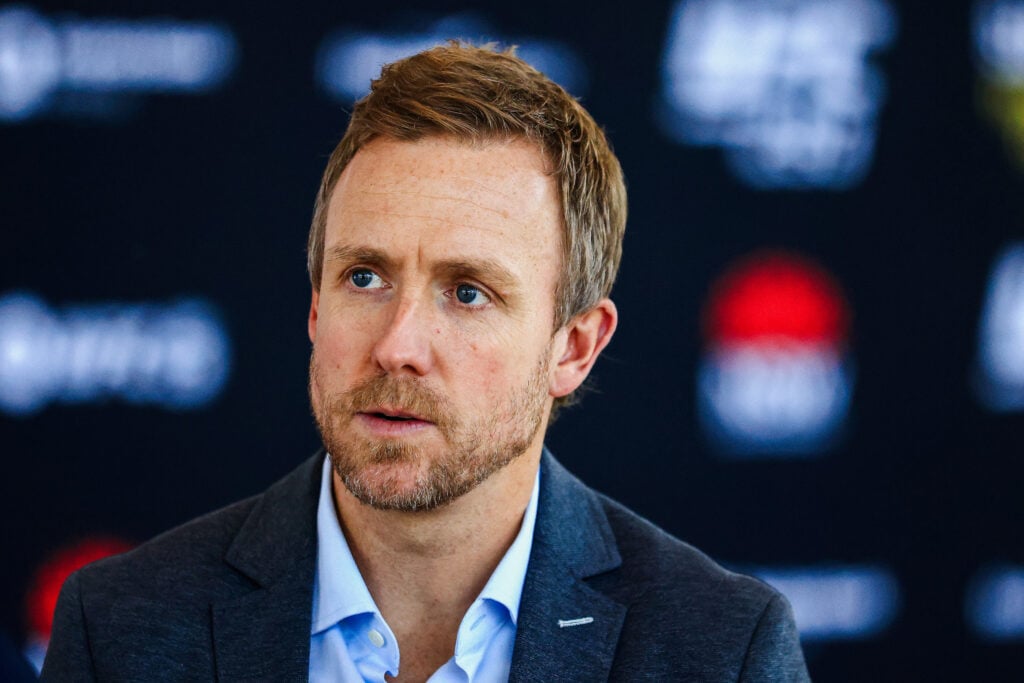
Cultivating Homegrown Talent: The “Pretty Special” Card
Perhaps the most compelling part of Shaw`s defense was his emphasis on the composition of the UFC Perth card itself. He proudly highlighted it as featuring “more regional athletes, more Australian and Kiwi athletes on this card than we’ve ever had in the past.” This includes a first-time female athlete from New Zealand and an Adelaide-based fighter making their debut.
This focus on local and regional talent is crucial for long-term market development. While star-studded cards featuring global icons guarantee immediate sales, fostering a base of local heroes creates a more sustainable and deeply rooted fanbase. Shaw`s statement, “Guaranteed, someone from this card is going to be the next Jack Della (Maddalena) – and that’s what we’re invested in,” encapsulates this philosophy. It`s a pragmatic recognition that while the main event might not pack a global punch, the undercard is a proving ground for future headliners, especially those who resonate with the home crowd.
In essence, the UFC is playing scout and developer in Perth, presenting a card that may prioritize talent incubation over immediate box office shattering. It`s a calculated risk, betting on the future loyalty of local fans who see their compatriots rising through the ranks.
Conclusion: A Strategic Play in the Global Arena
Despite the persistent questioning from reporters, Shaw held his ground: “We do not see an issue for this event.” This unwavering confidence, paired with a detailed recounting of the UFC`s Australian journey and a clear strategy for nurturing local talent, paints a picture of a promotion actively navigating the complexities of global expansion.
UFC Perth might not break attendance records, and the whispers about empty seats may continue. However, the UFC executive`s response frames the event not as a failure, but as another deliberate step in a meticulously planned “long game.” It`s a fascinating study in how a global sports giant balances immediate commercial pressures with strategic market development, leveraging local talent to build the next generation of MMA fandom, one “pretty special” card at a time. Whether the stands are full or not, the message is clear: the UFC is here to stay in Australia, investing in a future where regional heroes become global stars.
Full UFC Perth Card
- Carlos Ulberg vs Dominick Reyes
- Jimmy Crute vs Ivan Erslan
- Jack Jenkins vs Ramon Taveras
- Jake Matthews vs Neil Magny
- Justin Tafa vs Louie Sutherland
- Tom Nolan vs Charlie Campbell
- Navajo Stirling vs Rodolfo Bellato
- Cameron Rowston vs Andre Petroski
- Jamie Mullarkey vs Rolando Bedoya
- Colby Thicknesse vs Josias Musasa
- Michelle Montague vs Luana Carolina
- Brando Pericic vs Elisha Ellison
- Loma Lookboonmee vs Alexia Thainara
